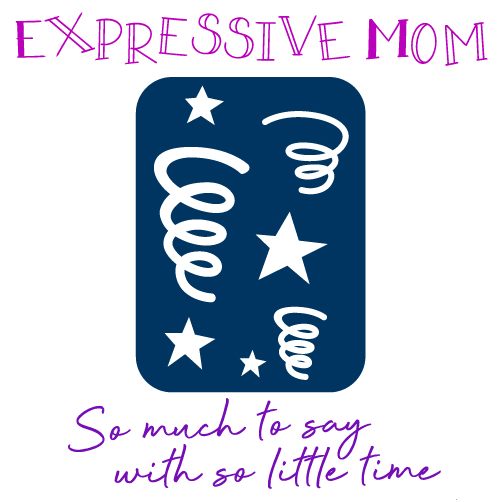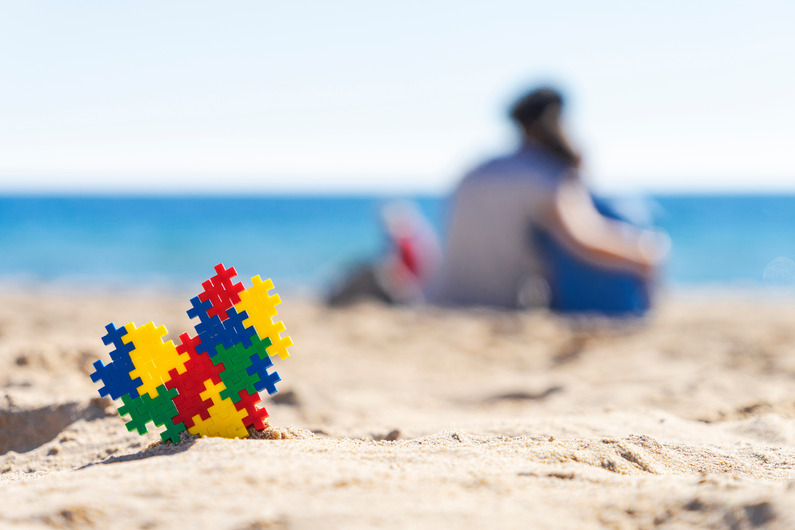Most parents struggle with the extra chaos that summer brings to their households. Being the parent of an autistic child adds another layer to the transition. Without the consistency of school, your child may face difficulties adjusting to the unstructured nature of the season. The following tips can help your autistic child thrive during summer break.
Continue To Have a Routine
A key part of helping autistic children with transitions is maintaining a routine. While summer is usually a time to break free from schedules, many autistic children feel safe and happy when their days have structure.
Try to create a daily routine that closely mirrors a school day. Set consistent times for waking up, meals, playtime, and relaxing. You can also use a visual schedule with pictures or icons to help your child understand what to expect each day. Small changes are inevitable, but giving your child advance notice of updates to the plan can help them adjust to summertime more comfortably.
Help Your Child Socialize
Autistic children might struggle to make friends, and summer can make it even harder. If your kid isn’t at school all day, they’re not interacting with other students unless they’re intentionally hanging out with existing friends.
It’s important that you help your child with autism socialize by signing them up for sensory-friendly events or autism-specific group activities like art classes, summer camps, or community playdates. If your child enjoys a particular interest, like animals or music, consider signing them up for themed activities where they can meet peers who share similar passions.
Encourage Sensory Summer Activities Over Screen Time
Summer is a chance for sensory exploration, which can be both fun and therapeutic. Swap screen time for sensory summer activities that suit your child’s needs. Some stimulating options include:
- Playing with sprinklers or splash pads.
- Building sandcastles at the beach or in a sandbox.
- Blowing bubbles.
- Playing with Oobleck outside.
- Making a sensory bin outdoors.
These activities can keep your child actively engaged while meeting their sensory needs.
Maintain Your Kid’s Skills
Long breaks can lead to regression in certain skills. To keep your child on track, integrate learning into your daily routine in a fun, low-stress way. Practice reading or math problems while cooking, playing outdoors, or doing art projects. If your child goes to therapy, continue these sessions during the break to maintain consistency.
Maintaining these skills throughout the summer will help your child return to school feeling capable and confident. Not only will this help build your autistic child’s self-esteem, but it will also give them a running start into the new school year.
Create a Summer Your Child Will Love
Summer break doesn’t have to be overwhelming for your autistic child; you can help them thrive by prioritizing routine, encouraging socialization, offering sensory activities, and maintaining their existing skills.



Connect With Me !